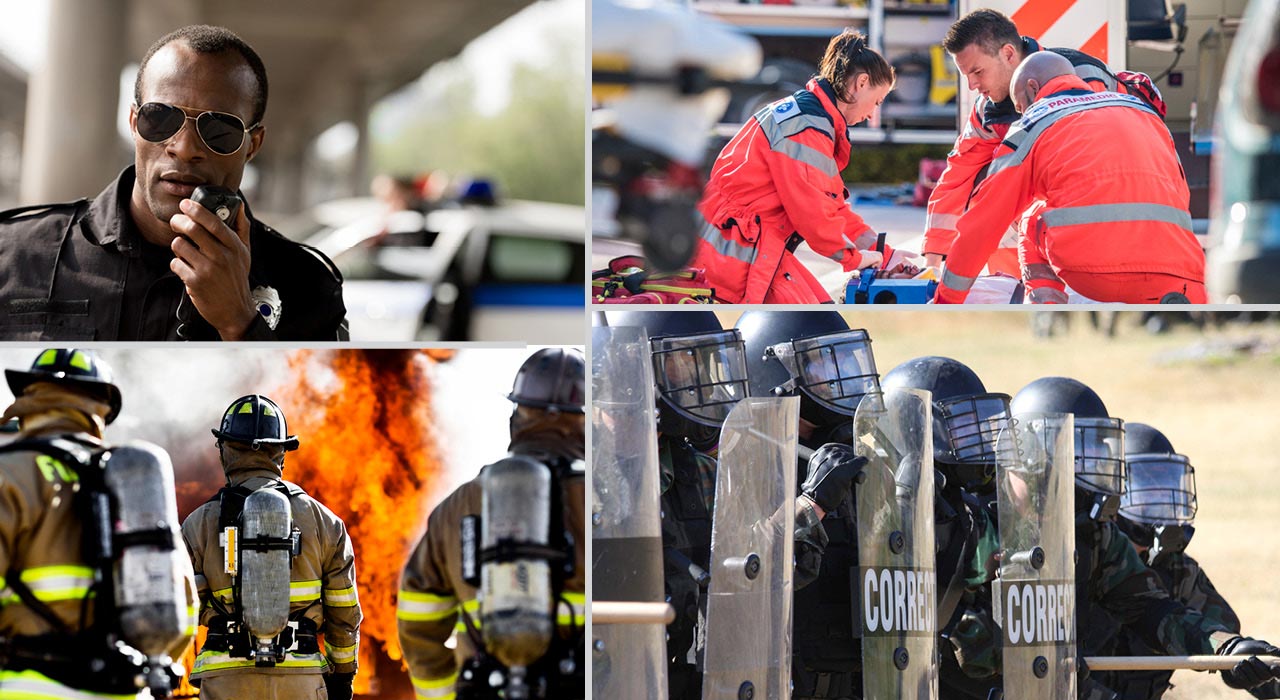This inpatient mental health, withdrawal management and co-occurring (psychiatric plus substance use disorder diagnoses) treatment service focuses on the whole person, using the mind-body-spirit connection and one-to-one counseling. Treatment includes an evaluation by a board certified psychiatrist, an individualized treatment plan, around-the-clock nursing care, group and individual therapy, family education, medication management, nutrition counseling, and expressive therapies. A fitness gym is also available. Our dedicated Director of Clinical Services for First Responders, a former police officer and U.S. Army Reserve veteran, works closely with each patient and the other members of the treatment team throughout the course of treatment.
Each first responder’s return to work and community is facilitated with a recommendation for follow-up care, referrals to 12-step programs or Bottles and Badges support groups, and communication with a department or union liaison to ensure a smooth transition.
Princeton House offers short-term, acute inpatient care typically spanning 7-10 days. Following discharge, the first responder’s psychiatrist or advanced practice nurse may advise participation in trauma-focused Intensive Outpatient or Partial Hospital Programs, which range from 9 to 30 hours per week.
To support the first responder's reintegration into work and community life Princeton House provides recommendations for follow-up care, referrals to 12-step programs like Bottles and Badges support groups, and facilitates communication with a department or union liaison for a seamless transition.
It's important to note that Princeton House does not provide longer-term residential programming.





